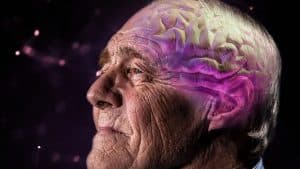Autism is a much better known condition than it was just a few years ago, but there are still a lot of stereotypes that can prevent people with the condition from receiving the support they deserve. This includes a conflation of autism with Asperger’s, two closely related labels separated by a sometimes blurry line (https://longevity.technology/lifestyle/aspergers-and-autism-5-key-differences/).
First, it’s important to note that autism is not a disease, although it can be a disability. It’s a type of neurodivergence, which basically means that people with autism have brains that are wired slightly differently than those who are defined as neurotypical. This isn’t inherently a good or a bad thing. The problems arise because most of the world is designed by and for the neurotypical and people who don’t fit that model can therefore struggle to adapt. When they’re given appropriate accommodations, however, the neurodivergent can offer innovative solutions to problems thanks to their unique perspective on life.
There are a lot of traits associated with autism, but the main diagnostic criteria are deficits in social interaction/communication and displaying repetitive or restrictive thoughts and behaviors. The first covers things like poor understanding of body language, a tendency to miss social cues and difficulty forming or sustaining relationships, while the second may include repetitive movements (called stimming) and fixation on certain topics (known as special interests).
Asperger’s syndrome was once considered a separate but related condition to autism. People with Asperger’s have the poor social skills and restrictive/repetitive behaviors associated with autism, but their verbal language is normal or even advanced and there’s no intellectual disability. Non-Asperger’s autism is often associated with poor language skills and sometimes being non-verbal, while intellectual disability is a common comorbidity.
Experts now think that instead of being a separate condition, Asperger’s is just one aspect of the broad spectrum that is autism. Every autistic person displays their autism in different ways. It’s not so much a case of mildly or severely autistic or high and low functioning as it is a wide range of traits that can combine in an infinite number of ways. Some of these traits can be beneficial, like strong attention to detail. Others can be distressing, like increased sensitivity to environmental stimuli.
A better understanding of the autism spectrum will benefit both the neurodivergent and the neurotypical, tackling stereotypes, improving communication and allowing appropriate support.




